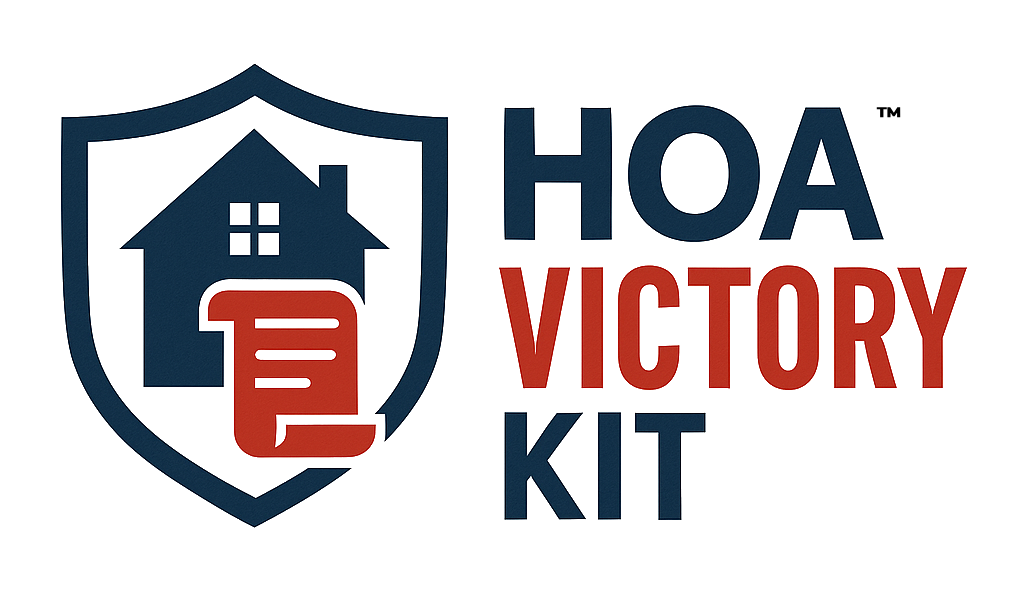Understanding HOA Special Assessments Before You Write a Check
When your homeowners’ association (HOA) sends notice of a special assessment, it can feel alarming. Whether it’s for roof repairs, new landscaping, or electrical upgrades, few things frustrate homeowners more than surprise fees.
Before paying, it’s critical to understand what special assessments are, when they’re legal, and how to verify that your HOA followed California law, especially the Davis-Stirling Act, which governs most HOAs in the state.
This guide explains HOA special assessments, your rights under California law, and how to respond if you suspect your HOA is mismanaging funds or violating proper procedures.
What Is an HOA Special Assessment?
A special assessment is a one-time charge that your HOA board can levy when the association’s reserve funds or regular budget don’t cover an unexpected expense.
Common reasons include:
- Emergency repairs (like structural or electrical damage)
- Major maintenance projects (paving, roofing, pool resurfacing)
- Legal costs or insurance shortfalls
- Compliance upgrades (ADA, safety, or energy requirements)
Under California Civil Code §5600–§5720, a special assessment must be reasonable, approved correctly, and applied fairly among owners.
Regular Assessments vs. Special Assessments
Regular assessments are your ongoing monthly or quarterly dues, the HOA’s predictable income stream for standard operations.
Special assessments, however, are extraordinary charges and come with stricter notice and approval requirements. For instance:
- If the special assessment exceeds 5% of the HOA’s annual budget, it usually requires a membership vote.
- The board must provide advance written notice (typically 30–60 days).
- The notice must specify why the funds are needed, the total cost, and how the amount was calculated.
Reference: Davis-Stirling.com – Assessment Procedures
How HOA Reserve Funds Should Be Used
Every HOA in California is required to maintain a reserve fund for future repairs and replacements. Think of it as a long-term savings account for roofs, plumbing, elevators, or electrical systems.
A well-managed reserve fund:
- Prevents the need for frequent special assessments
- Keeps property values stable
- Demonstrates good fiscal stewardship
A poorly managed reserve fund, or none at all, is a red flag. It can signal mismanagement, lack of planning, or potential breach of fiduciary duty by the board.
If your HOA continually levies special assessments without transparent accounting, it’s reasonable to request a copy of the latest reserve study (required under Civil Code §5550).
Electrical and Maintenance Assessments: Are They Justified?
Electrical and infrastructure maintenance are among the most common reasons for new assessments — and also among the most disputed.
What to Do If You Believe the Assessment Is Improper
If something feels off, missing documentation, inflated costs, or repeated “emergency” assessments, you have legal rights.
Preventing Future Special Assessments
Special assessments are often a symptom of poor long-term planning.
Join budget meetings. Read financial reports. Ask tough questions. Homeowners who stay informed can often prevent sudden financial shocks.
Don’t pay until you verify. Every HOA assessment must meet legal standards for notice, necessity, and fairness.
✅ Tip: For a checklist of questions to ask before paying an HOA Special Assessment, visit our HOA Victory Kit, it includes templates for written record requests, budget review letters, and ADR notices.
Final Thoughts: Empowerment Through Knowledge
Understanding HOA special assessments isn’t just about avoiding unfair charges, it’s about protecting your property value, financial well-being, and community integrity.
If you need clear templates and step-by-step guidance on how to challenge or verify your HOA’s assessment process, download the HOA Victory Kit. it’s designed to help homeowners like you communicate effectively, document correctly, and resolve disputes confidently.
This article is intended for educational purposes only and applies specifically to California homeowners and HOA communities.
It is not legal advice and does not create an attorney-client relationship.
